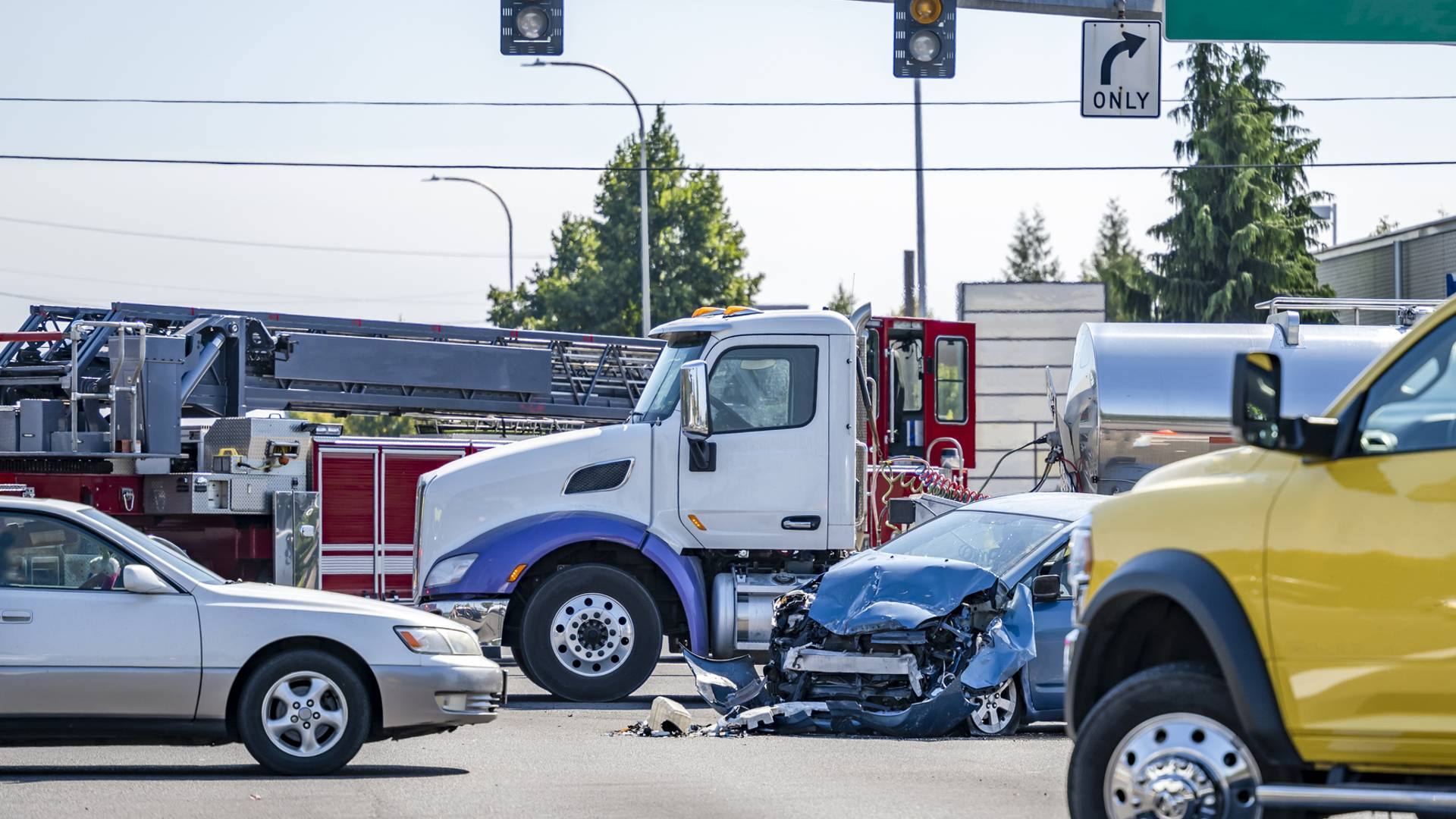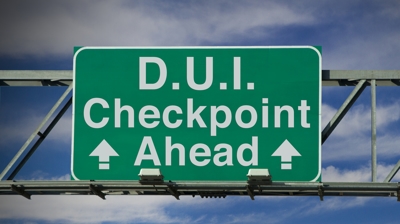
Expungement Frequently Asked Questions
You probably have a lot of questions about an expungement. The information listed below is only intended to provide you with basic information about West Virginia Expungement laws. Every person’s situation is different, and the only way to know for sure if you qualify for an expungement is to call and talk with one of our attorneys.
What does an Expungement Actually Mean?
An expungement means that all records related to the criminal case – including the arrest records, police reports, index records, etc. – are considered, as a matter of law, never to have occurred. After a successful expungement, you do not have to disclose any criminal record on any application for employment, credit, or other type of application.
Like most laws, there are exceptions. That is why it is important to talk with an attorney experienced in handling expungements.
Can all Criminal Convictions be Expunged?
While many criminal convictions are subject to expungement, there are certain categories of criminal convictions that cannot be expunged. The best way to know for sure whether you qualify for an expungement is to contact The Moore Law Firm to discuss your personal situation.
Some of the main type of non-expungable convictions include:
- A felony offense of violence
- A felony in which the victim was a minor
- Certain sexual offenses
- Any offense in which a deadly weapon was used
- Domestic offenses
- Abuse or neglect of an incapacitated adult
- DUI
- Driving while license suspended or revoked
- Cruelty to animals
- Stalking/Harassment
- Burglary
- Certain traffic offenses for holders of a commercial driver’s license
- Conspiracy or attempt to commit a felony of any of the above

Dedicated to Client Satisfaction
At The Moore Law Firm, PLLC, your satisfaction is our priority! See for yourself what our clients have to say about working with us.
-
"You can’t go wrong hiring Jared!!"Despite an impossible prosecutor, as well as missing/lost evidence, Mr. Moore aggressively and diligently sorted it all outStacey and Steven
-
"Jared goes above and beyond to make sure his clients are taking care of."Jared always kept the line of communication open and was very responsive if I had any questions.Jason
-
"He constantly reminded me not to worry about anything."Jared was wonderful in resolving my case. He was professional, kind and very reassuring during the whole process.Cathy
-
"We are beyond thankful for Jared Moore."Anytime we contacted him, he got right back to us in a mannered time. He explains everything. From possibilities to what to expect. He does everything in his power to get the best outcome!!Lacee

Case Results
A reputation for success throughout west virginia
-
Dismissal Accessory Before the Fact
-
Acquittal
A gentleman was indicted for felony charges of Threatening to Commit a Terroristic Act.
-
Acquittal
Client was charged with growing of marijuana.
-
Acquittal
Client faced charges of Brandishing a Deadly Weapon, Possession of Marijuana, Battery on an Officer, and Obstructing an Officer.
-
Acquittal
In a case that drew statewide attention, a gentleman was indicted for felony charges of Threatening to Commit a Terroristic Act and Conveying False Information of a Terroristic Act. Following a three-day trial, and destructive cross examinations of the prosecution’s key witnesses, the jury acquitted the gentleman on all charges.




